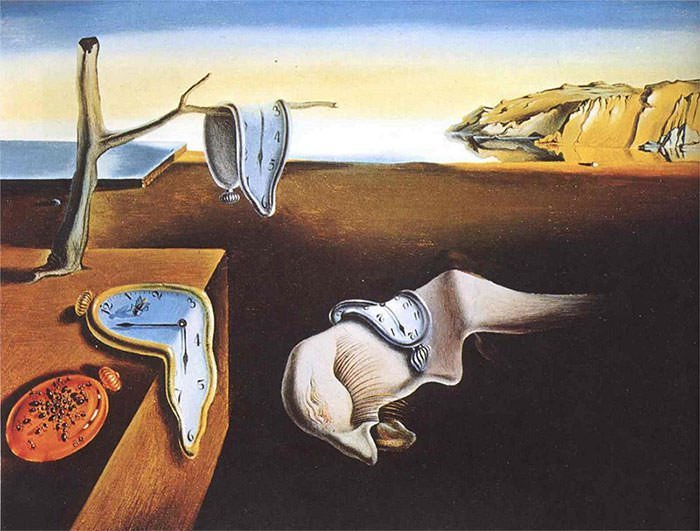Your Strangeness is Your Gift
“When you trust yourself enough to discover and integrate your strangeness, you bestow a gift on yourself.” John O’Donohue
Has there been a time in your life when you felt like a stranger? Or you looked at a person or a cultural group and thought them strange?
The word “strange” is defined as: “not previously visited, seen, or encountered.”
Strangeness can awaken curiosity or it can reveal repulsion in us. In an extreme case, it can escalate into dehumanization and then into extermination.
When Europeans arrived in America, they saw Native Americans as “cannibals, as brutish, and irredeemably non-Christian.” * Calling them strange would have been an understatement.
When Soviets colonized Armenia and other neighboring republics, they repressed ethnic identities and language, because they deemed Russian culture as superior and “modern”.
In each one of us resides fear of the unfamiliar. What we “do” with this fear makes all the difference. If we allow fear to take a hold of us, then we’ll see strangeness as something threatening, something that needs to be repressed and eliminated. In relation to others, it gives us “permission” to reject and harm them.
If, though, we choose to explore the fear, we can use it as a pathway to creativity and expanded world view.

When I arrived in the US, as a teenager, I vigilantly restrained myself in my expression. I wanted my English to sound “perfect”, without a hint of an accent. I didn’t want Americans do find out that I was a “foreigner”.
A part of me, hoped that if the words I uttered landed in the zone of the familiar to the ears of Americans, then I would be accepted and received.
I lived in a mold of expectations. I had a deep underlying fear that if people found out that I was from another country, they would think that I was weird, that I was strange and they would reject me.
I watched carefully the way American students in the classroom spoke, what they wore, and how they behaved. At times, I put pressure on myself to mimic them; at times I completely discarded American culture.
Often times, I preferred to stay quiet, than risk revealing the details of my life.
During those times, not only did I not feel accepted, I felt deeply alone.
My desire to belong outweighed the need of my soul to be who I was.
I didn’t want to share where I was born, Azerbaijan, because hardly anyone heard of it. I didn’t want to mention that it used to be part of the Soviet Union because I didn’t want remnants of Cold War to be felt. I didn’t want people to reject me.
The truth was that I was rejecting myself.
After a couple of decades, I learned to welcome “weird” parts of myself. I learned that I no longer had to show a “sanitized” version of myself to the world. I learned to relate to people from the inside, rather than boxed personas.
Now, the layers and threads of my upbringing, my experiences, my culture(s), my family, and my ancestry make up a rich and beautiful tapestry of MY identity. All of me is worthy of acceptance and love.
Now your turn:
in what ways are you hiding your “strangeness”? In what ways are you rejecting the “strangeness” of others?
Source. Ganteaume, Cecile. “Pocahontas Redefined How Europeans Saw Native Americans.” Smithsonian Magazine.


